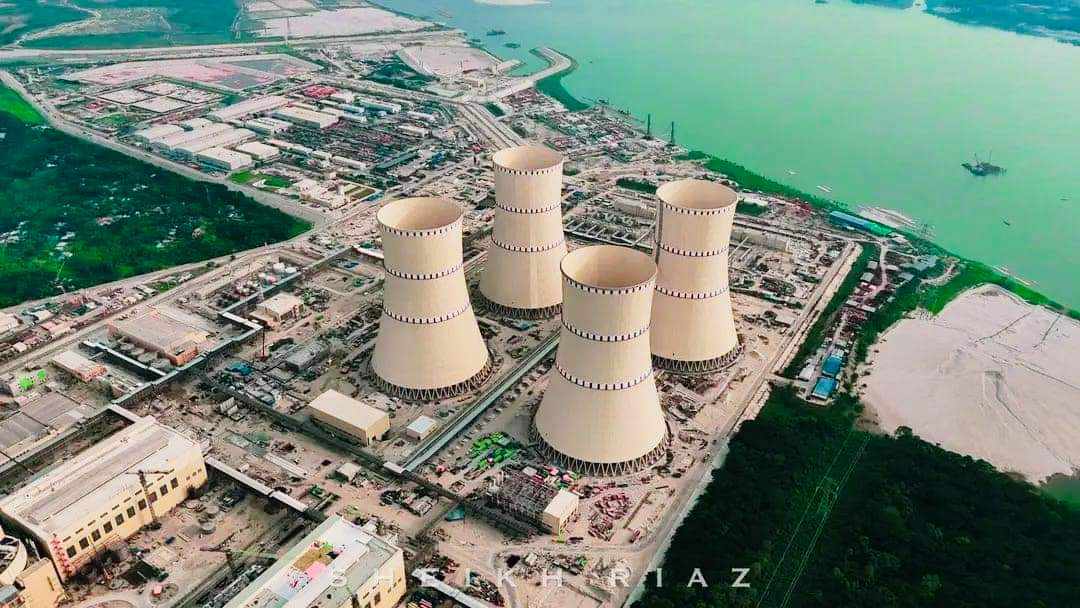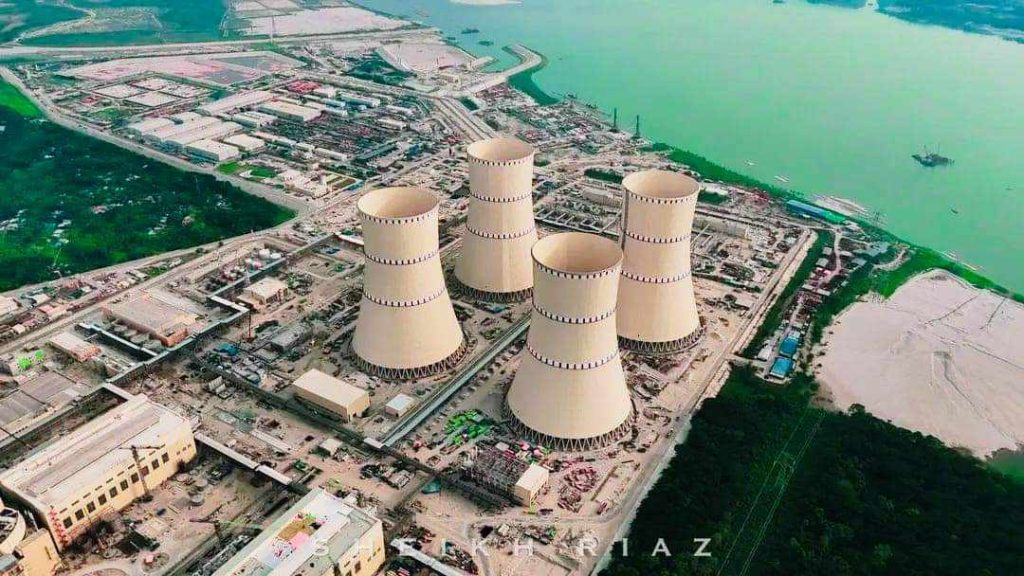The Ruppur Nuclear Power Plant (RNPP) is a significant energy project in Bangladesh, located in the Pabna district. It’s the country’s first nuclear power plant, designed to meet the growing demand for electricity and reduce dependence on fossil fuels.
Key Features and Significance:
Capacity: The plant consists of two Russian-designed VVER-1200 reactors, each with a capacity of 1,200 MW. When fully operational, the plant will generate a total of 2,400 MW of electricity.
Technology: The VVER-1200 reactors are considered among the most modern and safest nuclear reactor designs available. They incorporate advanced safety features, including a double containment system and passive safety systems that can function without external power.
Economic Benefits: The RNPP is expected to provide significant economic benefits to Bangladesh. It will create jobs, boost local development, and reduce the country’s reliance on imported fossil fuels.
Energy Security: The plant will contribute to Bangladesh’s energy security by diversifying its energy sources and reducing its vulnerability to price fluctuations in the global energy market.
Environmental Impact: While nuclear power plants generate radioactive waste, the RNPP is designed to meet international safety standards for the management and disposal of nuclear waste. The plant is also expected to have a lower carbon footprint compared to fossil fuel power plants, helping to address climate change concerns.
Construction and Timeline:
The construction of the RNPP began in 2017, with the first reactor unit expected to become operational in 2023. The second unit is scheduled to be completed in 2024.
Challenges and Concerns:
Despite the significant benefits of nuclear power, there are also concerns associated with its development. These include:
Safety: Nuclear power plants carry the risk of accidents, which can have severe consequences. Ensuring the safety of the RNPP is a top priority for the Bangladeshi government and the plant’s operators.
Waste Management: Proper management of nuclear waste is crucial to prevent environmental contamination. The RNPP will need to have robust systems in place for the safe storage and disposal of radioactive waste.
Public Perception: Some communities may have concerns about the potential risks associated with nuclear power. It’s important to engage with the public and address their concerns through transparent communication and education.
The Ruppur Nuclear Power Plant represents a significant milestone in Bangladesh’s energy development. It has the potential to provide a reliable and clean source of electricity, while also contributing to the country’s economic growth and energy security. However, it’s essential to address the challenges and concerns associated with nuclear power to ensure its safe and sustainable operation.


